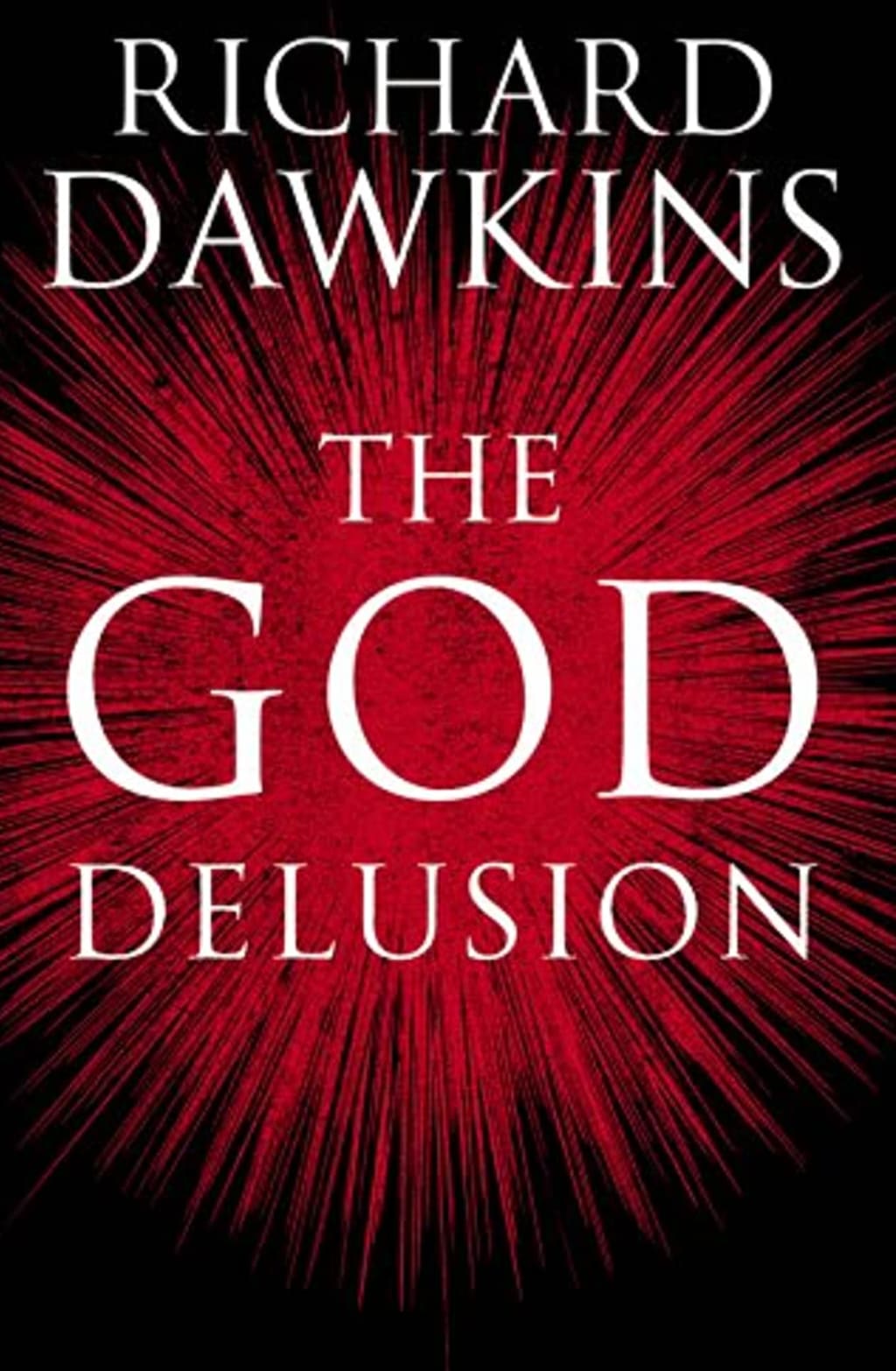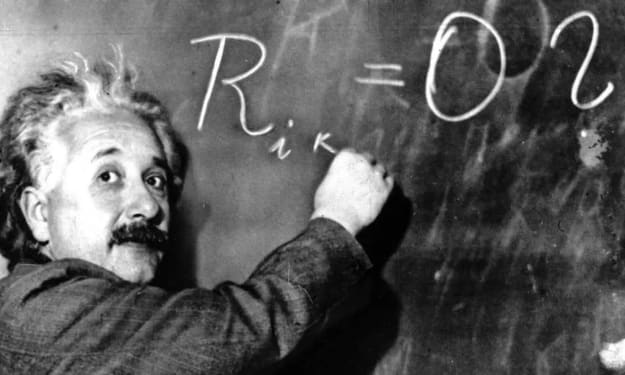
Introduction
"The God Delusion" is a book written by Richard Dawkins, a renowned evolutionary biologist and atheist. First published in 2006, the book presents a strong argument against the existence of God and challenges the notion of religion as a valid source of moral guidance. Dawkins argues that religious belief is a delusion that has been perpetuated for centuries and that scientific inquiry provides a more rational explanation for the universe and our existence.
The book has received both praise and criticism for its provocative content and has sparked widespread debate on the role of religion in society. In this article, we will provide an in-depth analysis of "The God Delusion" and the arguments for and against the existence of God. We will also examine the role of religion in society and respond to criticisms of atheism. Through this analysis, we aim to provide a better understanding of the ongoing discourse surrounding religion and its place in the modern world.
Overview of the arguments against God's existence
In "The God Delusion," Dawkins presents a number of arguments against the existence of God. These arguments are based on scientific evidence and reasoning, and they challenge traditional religious beliefs.
One of the main arguments against God's existence is the argument from design. This argument states that the complexity and order in the universe must be the result of a divine creator. However, Dawkins counters this argument by pointing out that natural selection, as explained by Darwin's theory of evolution, can account for the complexity and diversity of life without the need for a creator.
Another argument against God's existence is the argument from morality. This argument suggests that the existence of a universal moral code points to the existence of a divine lawgiver. Dawkins argues that morality can be explained through natural selection and the evolution of social behavior, and that there is no need for a supernatural explanation.
The problem of evil is another argument against the existence of God. This argument states that the existence of evil in the world is incompatible with the existence of an all-powerful, all-knowing, and all-loving God. Dawkins argues that the existence of evil is more easily explained by natural causes and that the concept of a loving God is inconsistent with the suffering that exists in the world.
Finally, Dawkins argues that the concept of God is inherently inconsistent and self-contradictory. He points out that the properties of God as defined by religion, such as being all-powerful, all-knowing, and all-loving, are logically incompatible with each other. Therefore, the concept of God is ultimately incoherent and cannot be taken seriously as a valid explanation for the universe and our existence.
The role of religion in society
In "The God Delusion," Dawkins not only argues against the existence of God but also explores the role of religion in society. He acknowledges the positive effects of religion, such as providing comfort and a sense of community to believers. However, he also points out the negative effects of religion, such as promoting intolerance and divisiveness.
Dawkins argues that religion has been used throughout history to justify wars, discrimination, and oppression. He cites examples of religious conflicts, such as the Crusades and the Israeli-Palestinian conflict, to demonstrate the harm that can result from religious beliefs. He also argues that religious belief can be used to justify harmful practices, such as female genital mutilation and the oppression of LGBT+ individuals.
Dawkins further argues that the separation of religion and government is essential for a free and democratic society. He suggests that religion should be a private matter and that public policy should be based on rational and secular reasoning rather than religious doctrine.
However, some religious individuals and organizations argue that religion is an essential part of society and provides a moral foundation for individuals and communities. They also argue that the separation of religion and government is a violation of religious freedom.
Overall, the role of religion in society is a complex and ongoing debate, with arguments on both sides. While religion can provide comfort and a sense of community to believers, it can also promote intolerance and be used to justify harmful practices. The debate over the role of religion in society is likely to continue for the foreseeable future.
Responses to criticisms of atheism
n "The God Delusion," Dawkins also responds to criticisms of atheism. Atheism is often criticized for being a negative position that lacks a moral foundation, and some religious individuals argue that atheism leads to moral relativism.
Dawkins argues that atheism is not a negative position, but rather a positive one that embraces reason and evidence. He suggests that atheism can provide a moral foundation based on empathy, compassion, and a concern for the well-being of others. He also argues that morality can be derived from secular sources, such as philosophy and science, and that there is no need for a divine lawgiver.
Regarding the criticism of moral relativism, Dawkins argues that atheists can still hold to objective moral standards based on reason and empathy. He suggests that religious individuals are not immune to moral relativism and that many religious doctrines have been used to justify immoral actions.
Another criticism of atheism is that it is a faith-based position that requires a leap of faith. Dawkins argues that atheism is based on evidence and reason, and that there is no need for a leap of faith to reject supernatural beliefs. He suggests that the burden of proof lies with those who make supernatural claims, and that the absence of evidence for these claims is sufficient reason to reject them.
Finally, some argue that atheism is arrogant or dogmatic. Dawkins responds by suggesting that atheism is simply the rejection of a supernatural belief and that it is not inherently arrogant or dogmatic. He suggests that atheists can still be open-minded and willing to consider evidence for supernatural beliefs, but that they require sufficient evidence before accepting them.
In conclusion, Dawkins responds to criticisms of atheism by suggesting that atheism is a positive position based on reason and evidence. He argues that atheists can still hold to objective moral standards and that atheism is not a faith-based position that requires a leap of faith. He also argues that atheists can be open-minded and that atheism is not inherently arrogant or dogmatic.
Conclusion
"The God Delusion" by Richard Dawkins presents a compelling argument against the existence of God and the role of religion in society. Dawkins presents evidence and reasoning to challenge traditional religious beliefs, and he argues that a naturalistic worldview based on reason and evidence is a more valid explanation for the universe and our existence.
Furthermore, Dawkins acknowledges the positive effects of religion but also points out the negative effects of religion, such as promoting intolerance and divisiveness. He argues that the separation of religion and government is essential for a free and democratic society, and that public policy should be based on rational and secular reasoning rather than religious doctrine.
Dawkins also responds to criticisms of atheism, suggesting that atheism is a positive position based on reason and evidence. He argues that atheists can still hold to objective moral standards and that atheism is not a faith-based position that requires a leap of faith.
Overall, "The God Delusion" presents a thought-provoking and controversial argument that challenges traditional religious beliefs and offers a naturalistic alternative. While the role of religion in society and the existence of God will continue to be debated, "The God Delusion" offers a compelling perspective that is sure to stimulate discussion and debate.
About the Creator
Samuel
I write about Science/Tech/Business & Anything that can give value to people ❤️
I'm on YouTube too guys feel free to check out my channel here: www.youtube.com/@sambladeco






Comments
There are no comments for this story
Be the first to respond and start the conversation.